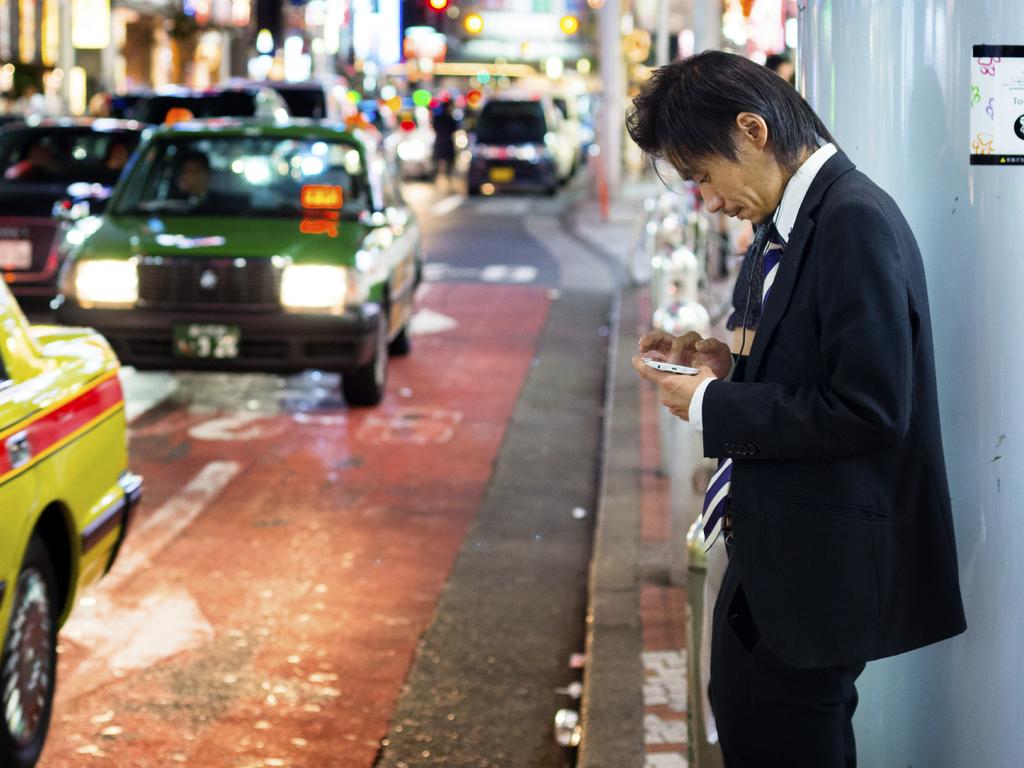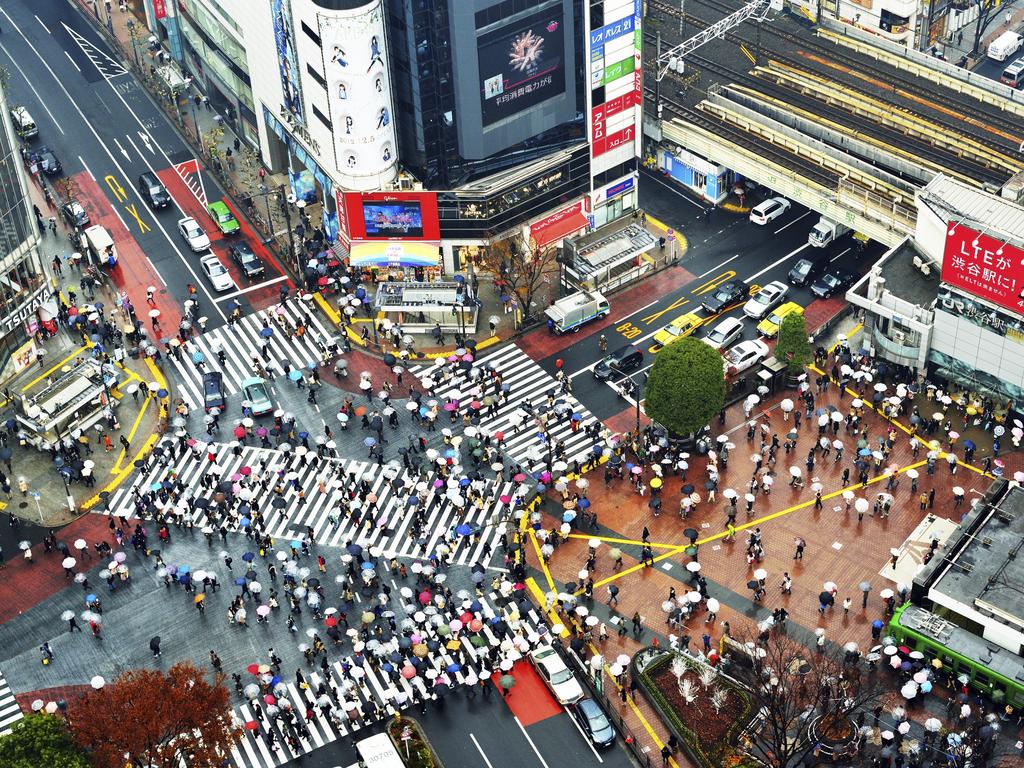Japan is desperately trying to push for a four-day week to address unhealthy work culture, birthrates
One of the world’s most workaholic cultures has made a surprising pivot, as an existential crisis grows ever closer.

One of the world’s most famously workaholic cultures has made a surprising pivot, becoming one of the many developed nations to start rethinking the five-day working week after decades of stagnation.
Japan is known for its unique cuisine, beautiful scenery and vibrant nightlife. But it has also built a worldwide reputation for having one of the planet’s least hospitable working environments.
With over 120 million people packed into the small Asian nation, the Japanese salaryman stereotype has become the norm for generations of civilians scrambling to survive the competitive employment market.
There is even a term in the Japanese language called “karoshi”, which translates to “death from overwork”.
But now, Japan is attempting to address a growing labour shortage by encouraging the four-day work week.
The Japanese government first endorsed this idea in 2021, but uptake has been slow. Only around 8 per cent of companies currently offer employees the option of a three-day weekend, while another 7 per cent allow only the legally mandated one day off per week, according to Japan’s Ministry of Health, Labour and Welfare.
But the government has taken an extra step to push the four-day week ahead, launching a “work style reform” campaign aimed at promoting shorter work hours, overtime limits and the enforcement of paid leave.
The Ministry of Labor now provides free consulting and grants for companies considering a shift towards more flexible working conditions.
While only three companies have sought out advice on how to implement these changes, the proposal has attracted a lot of support from those who believe their job shouldn’t consume their entire life.
There appears to be some trepidation from workers at Panasonic, however.
Out of 63,000 employees eligible for a four-day schedule, only 150 have opted in, according to Yohei Mori, the executive overseeing the initiative at the electronics giant.
Several larger corporations have also experimented with more flexible work schedules. Fast Retailing Co – the parent company of Uniqlo and other clothing brands – pharmaceutical firm Shionogi & Co and electronics manufacturers like Ricoh and Hitachi have implemented four-day work weeks in recent years.
Even the notoriously competitive finance sector has seen movements, albeit small ones.


“Work is a big deal here. It’s not just a way to make money, although it is that too,” says Tim Craig, author of Cool Japan: Case Studies.
“Japanese people value their relationships with their colleagues, and many see work as an essential part of their identity.”
While the cultural norm of working yourself to the bone and devoting yourself to your company played a role in Japan’s economic explosion in the 20th century, it has also had unfortunate side effects, as workers prioritise their careers over family life.
The country’s birthrate is at a record low, and its workforce is now expected to shrink by as much as 40 per cent. According to government data, the workforce will drop from 74 million to just 45 million in the next 40 years.
The government has noticed this and has raced to promote a more flexible work environment to push the nation’s birth numbers back up.
But some critics argue that while a four-day week may sound appealing, it often means the same workload is crammed into fewer days, leading to burnout or reduced pay.
A Gallup survey that measures employee engagement ranked Japan as having one of the least engaged workforces globally. Only 6 per cent of Japanese employees described themselves as “engaged” at work, compared to the global average of 23 per cent.
Closer to home, experts suggest a four-day work week may become the norm in Australia.
The new form of working, known as the 100:80:100 model, allows employees to keep 100 per cent of their pay while working 80 per cent of the hours — as long as they maintain 100 per cent of their productivity.
Trials of the initiative in countries such as Iceland and the UK have been labelled a “resounding success”, with reported benefits including reduced employee burnout, increased productivity and greater talent attraction in a tight labour market.

And 100:80:100 isn’t the only model. Other organisations allow staff to work shorter weeks for a pay cut, or offer standard 40-hour weeks condensed over four days.
Just over one-third of Australian companies expect to transition to a four-day week within the next five years.
In 2023, the global results dropped for the biggest ever four-day week trial, finding that most companies saw their business performance and productivity remained high.
The most extensive ever four-day week pilot run by a partnership between 4 Day Week Global, think tank Autonomy, the 4 Day Week Campaign, researchers at the University of Cambridge and Boston College found a whopping 92 per cent elected to stick with the initiative post-trial.
The six-month trial ranged from small businesses like fish and chip shops to large corporations and it canvassed thousands of workers.
Employees saw their working week reduced from five days to four, with no loss of pay.
Workers reported improvements regarding a raft of personal stresses, including fatigue and anxiety.
Bosses were happy too, with the results showing most companies increased their performance and productivity while revenue rose 1.4 per cent on average across businesses.
Australian Services Union South Australia and Northern Territory secretary Abbie Spencer said the union is proposing a four-day work week in some of its current negotiations with employers.
“We’re confident that once more employers come to understand the mutual benefits, more will come on board ... it can be a real win,” she told The Advertiser.
“Large-scale international trials tell us that it doesn’t only benefit workers by providing greater flexibility and work-life balance, business benefits too with many reporting enhanced productivity, increased revenues, as well as improved staff retention rates.”






